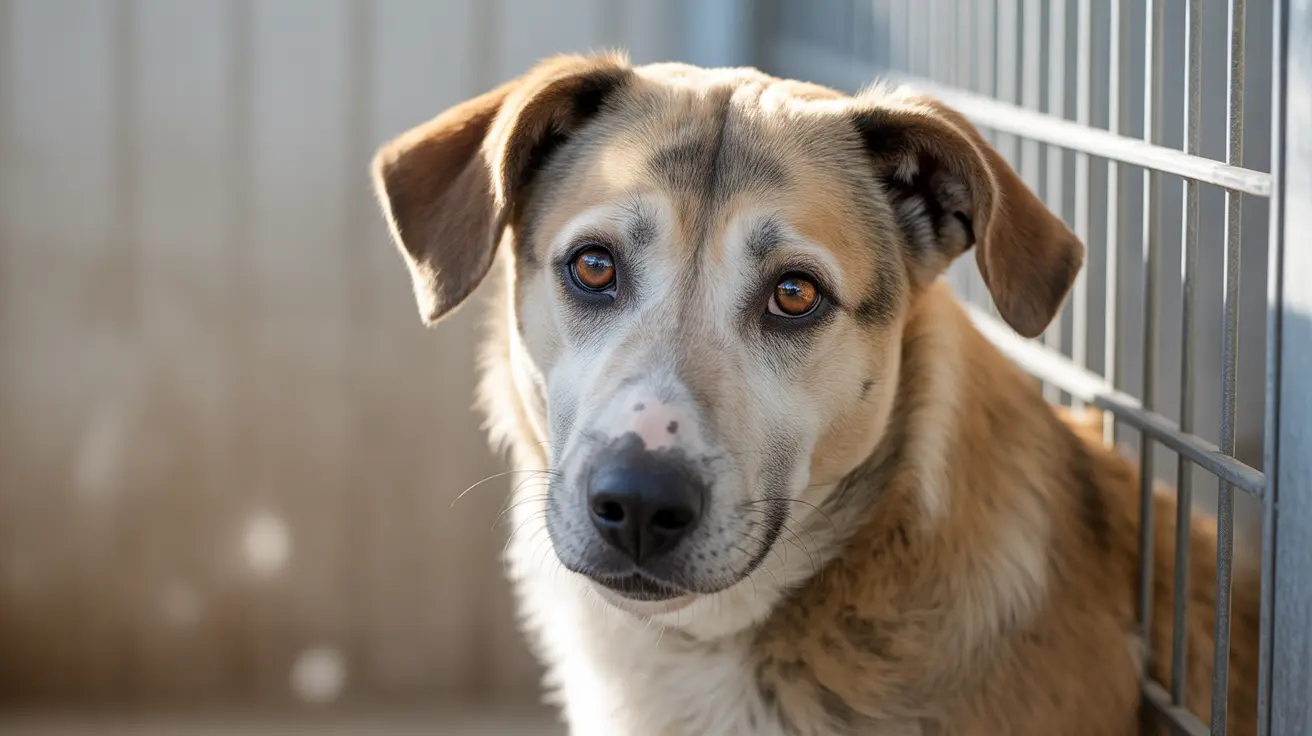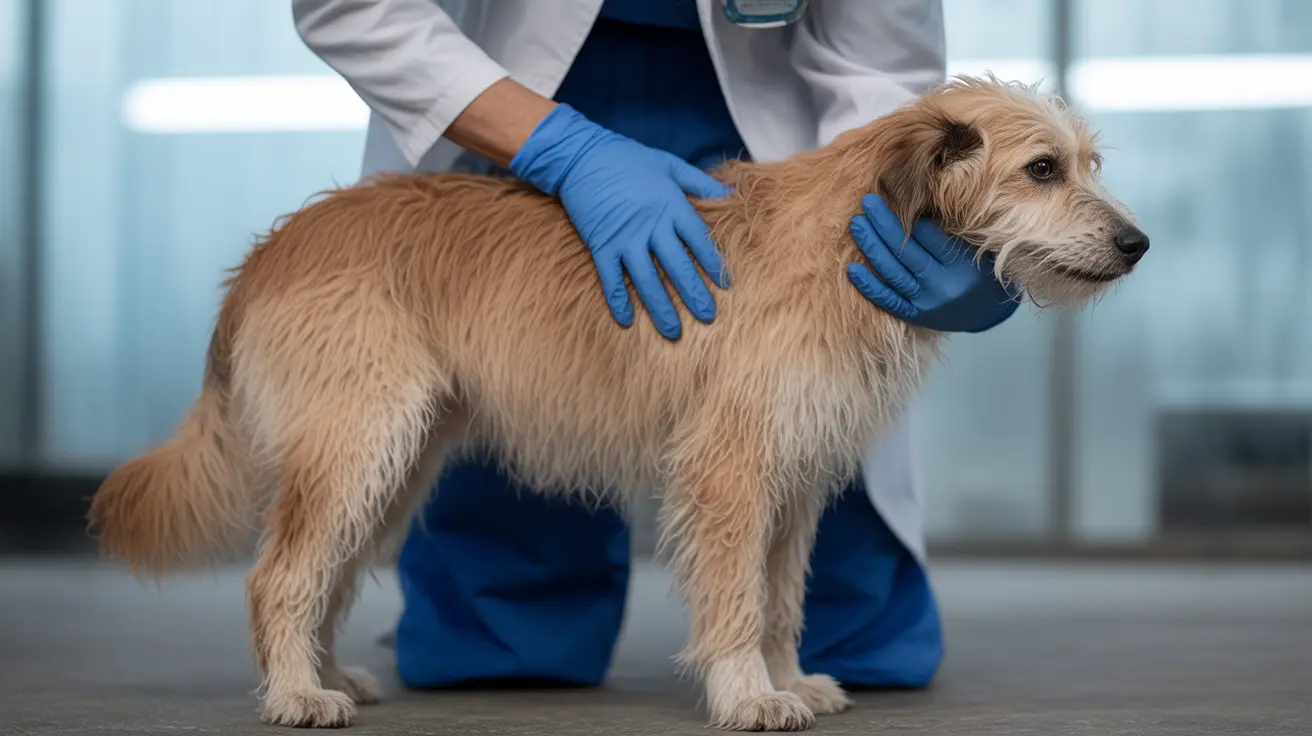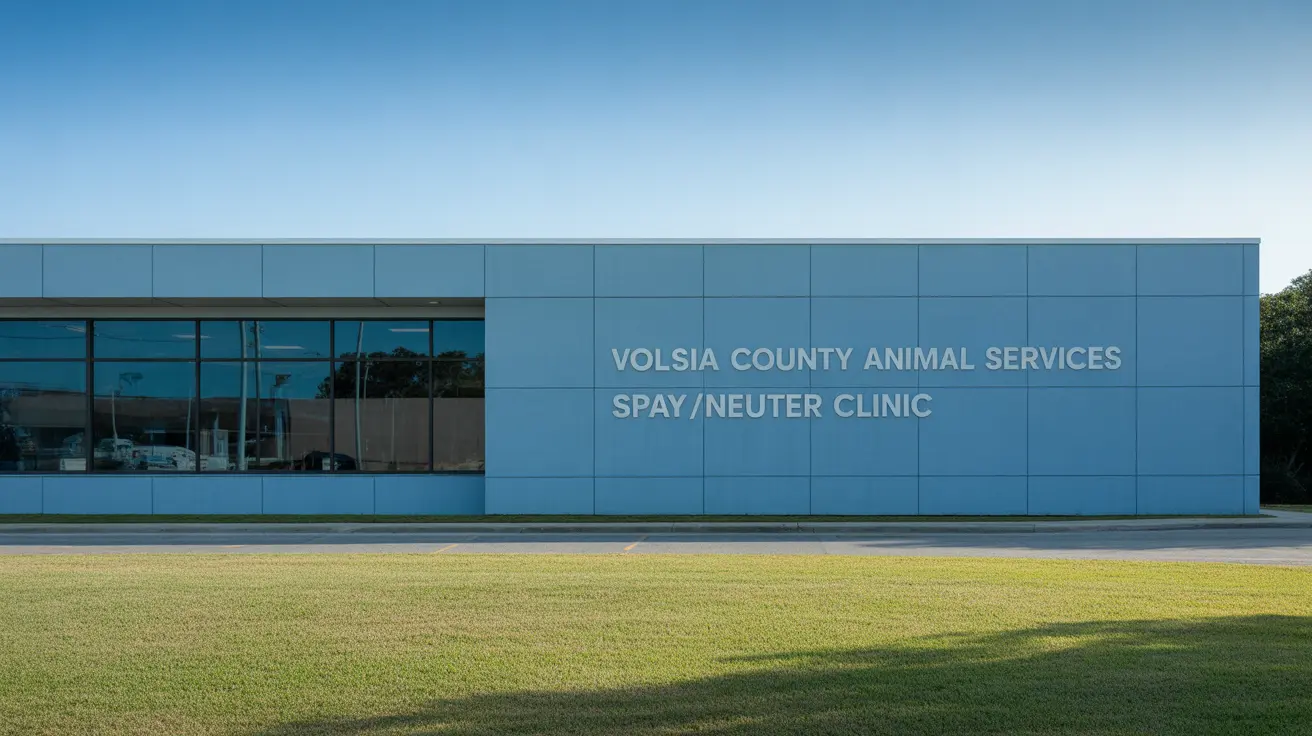When your furry friend develops a sore mouth, it can significantly impact their quality of life, affecting everything from eating to playing with their favorite toys. Understanding dog sore mouth conditions, particularly chronic ulcerative paradental stomatitis (CUPS), is crucial for pet owners to ensure proper care and treatment of their canine companions.
In this comprehensive guide, we'll explore the causes, symptoms, and treatment options for dogs suffering from oral ulcers and related mouth conditions. We'll also provide practical advice for prevention and home care to help maintain your dog's oral health.
Understanding Oral Ulcers in Dogs
Oral ulcers in dogs manifest as painful sores or erosions that can appear on the gums, lips, tongue, and inner cheeks. These lesions often result from an overactive immune response to plaque and bacteria accumulating on the teeth. While any dog can develop mouth sores, certain breeds like Maltese, Cavalier King Charles Spaniels, and Cocker Spaniels are particularly susceptible.
Recognizing the Signs of Dog Mouth Problems
Early detection of oral problems is vital for effective treatment. Common signs include:
- Excessive drooling
- Bad breath (halitosis)
- Reluctance to eat or chew toys
- Pawing at the mouth
- Visible red or white patches in the mouth
- Bleeding or swollen gums
- Changes in eating behavior
Treatment Options for Dog Mouth Sores
Treatment typically involves a multi-faceted approach, depending on the severity and cause of the condition:
Professional Dental Care
Regular dental cleanings under anesthesia help remove plaque and bacteria that trigger immune responses. These cleanings may be needed every 3-6 months for affected dogs.
Medical Management
Your veterinarian may prescribe:
- Antimicrobial medications
- Anti-inflammatory drugs
- Pain management solutions
- Specialized oral rinses or gels
Advanced Treatment Options
In severe cases, particularly with CUPS, more aggressive treatment may be necessary:
- Tooth extraction in resistant cases
- CO2 laser therapy
- Immune-modulating medications
- Specialized barrier gels
Prevention and Home Care
Maintaining good oral hygiene is essential for preventing mouth sores:
- Daily tooth brushing with dog-specific toothpaste
- Regular use of veterinary-approved oral care products
- Providing appropriate chew toys
- Scheduling regular dental check-ups
- Following a balanced diet that supports oral health
Frequently Asked Questions
What are the common signs and symptoms of sores or ulcers in a dog's mouth?
Common signs include excessive drooling, bad breath, difficulty eating, pawing at the mouth, and visible ulcers or inflammation in the oral cavity. Dogs may also show reluctance to play with toys or open their mouth.
What causes chronic ulcerative paradental stomatitis (CUPS) and how is it diagnosed in dogs?
CUPS is primarily caused by an excessive immune response to plaque and bacteria on teeth. Diagnosis involves a thorough oral examination, ruling out other conditions, and sometimes tissue biopsies. Breed predisposition and dental history are also considered.
How can I treat my dog's painful mouth sores and what home care steps help?
Treatment includes professional dental cleaning, medications for pain and inflammation, and daily home care. Using prescribed oral rinses, maintaining good dental hygiene, and following your veterinarian's recommendations for oral care products are essential steps.
When is tooth extraction necessary for dogs with chronic mouth ulcers or stomatitis?
Tooth extraction becomes necessary when conservative treatments fail to control the condition, particularly in cases of severe CUPS. Some dogs experience significant improvement after full-mouth extractions, as this eliminates the source of immune stimulation.
How can I prevent my dog from developing recurrent oral ulcers and maintain good oral health?
Prevention involves regular professional dental cleanings, daily tooth brushing, using appropriate dental products, and maintaining good overall health. Early intervention at signs of dental problems helps prevent chronic conditions from developing.
Remember, if you notice any signs of mouth discomfort in your dog, consult your veterinarian promptly. Early intervention often leads to better outcomes and can prevent the development of more serious conditions.






